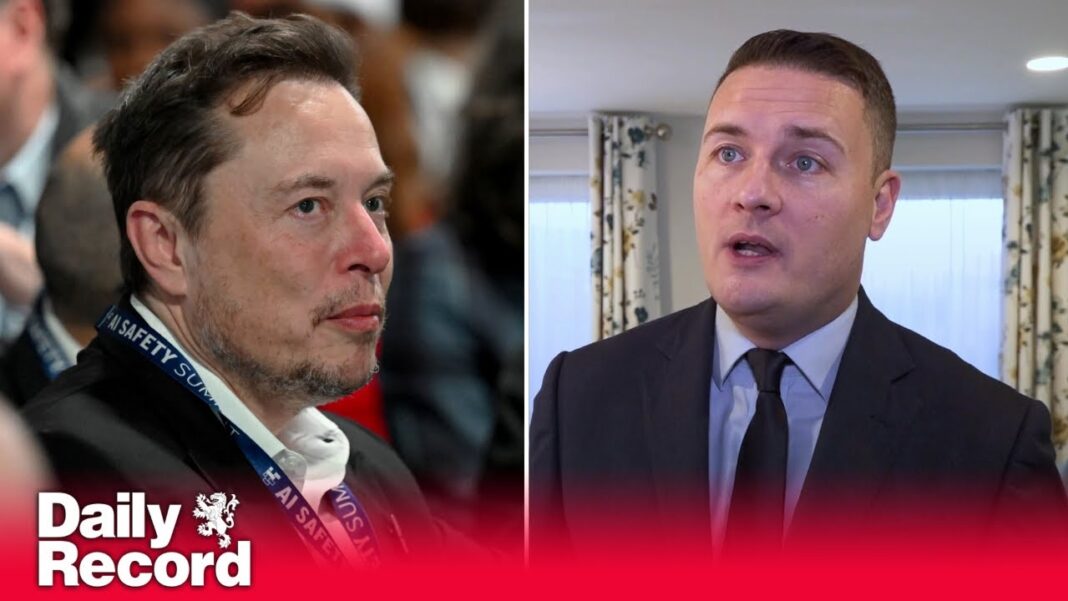
Maverick economist turned presidential adviser Peter Navarro has helped bring back a world in which power takes precedence over economic exchange. Will he prove his critics wrong?
Seven years ago, I strode through the long black-and-white corridors of the White House’s Executive Office of the President to a room occupied by Peter Navarro, adviser to the then president Donald Trump.
Navarro’s desk was buried beneath piles of paper. “I’m always messy,” the economist laughed, and presented a 140-page report with an American flag on the cover titled “Assessing and Strengthening the Manufacturing and Defense Industrial Base and Supply Chain Resiliency of the United States”. This asserted that the US had become dangerously reliant on overseas suppliers for vital goods and thus needed industrial policies and trade controls.
“That’s a bit retro,” I joked. The last time such language had proliferated was during and after the second world war, when the American government tried to shape business to national ends. In peacetime, arguably the only comparable moment was the explosion of protectionism around the world that followed the Wall Street crash of 1929.
That episode ended so badly that by the late 20th century, industrial policy and tariffs seemed as unfashionable as flappers. The corridors of the EOP were filled with officials with a free-market, pro-globalisation ethos, who generally viewed trade through the lens of the classical economist David Ricardo (1772-1823). Their assumption was that open trade benefits all: countries export goods to earn money to pay for imports, and if each specialises in areas of comparative advantage, then everyone is better off.
“Ricardo is dead!” Navarro replied, before launching into a diatribe against America’s more mainstream economists — and the Financial Times, which Navarro’s friend, the rightwing agitator Steve Bannon, liked to say was akin to the church newsletter of a religion they wanted to overturn. I pointed out that the criticism was mutual.
Navarro shrugged. “You and the other FT writers will eventually know that I am right — you’ll see!” I walked out, report in hand, my heels clacking on the marble floors.
By Gillian Tett






